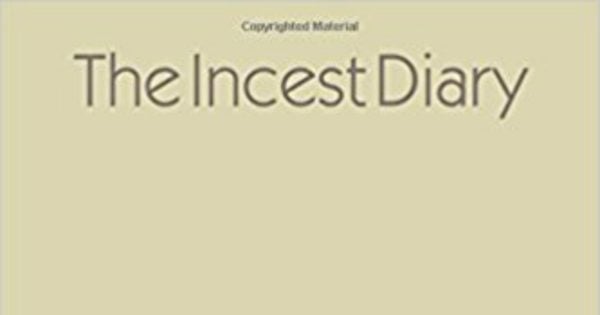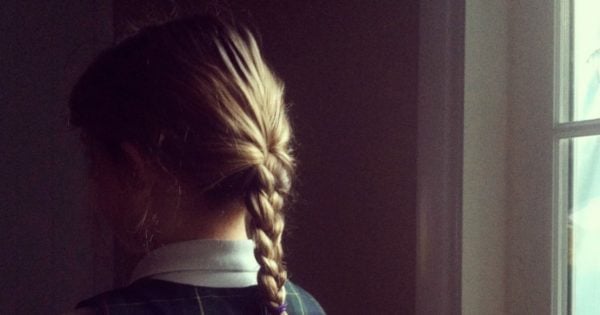Warning: This post contains reference to sexual and physical abuse and might be upsetting to some readers.
On the first page of The Incest Diary, Anonymous writes, “In the fairy tales about father-daughter incest… the daughters are all as you would expect them to be: horrified by their fathers’ sexual advances.
“They do everything in their power to escape. But I didn’t. A child can’t escape. And later, when I could, it was too late. My father controlled my mind, my body, my desire. I wanted him. I went home. I went back for more.”
She was raped by her father for the first time when she was three years old, and for the last time when she was 21.
In most synopses of the book, they refer to her “sexual relationship with her father,” a phrase which struck me in its peculiarity.
LISTEN: If you love books, join our very own Book Club. Post continues below.
But this book is not called The Rape Diary. Or The Child Sexual Abuse Diary. Or The Molestation Diary. Instead, the author chooses to face us with a word that inspires universal revulsion: incest.
Incest implies consent. A symbiotic sexual relationship between two people who are related by blood. Within an incestuous relationship, the lines between perpetrator and victim are blurred.
The Incest Diary is not a retrospective redemption story. It offers little perspective. There is no linear narrative, whereby she discovers her victimhood and is finally liberated from her past. There is no moment of empowerment. Her job is not to analyse her story while she tells it. She presents it – the complex, messy, sometimes contradictory tale of what was at once her abuse and her sexual awakening.


